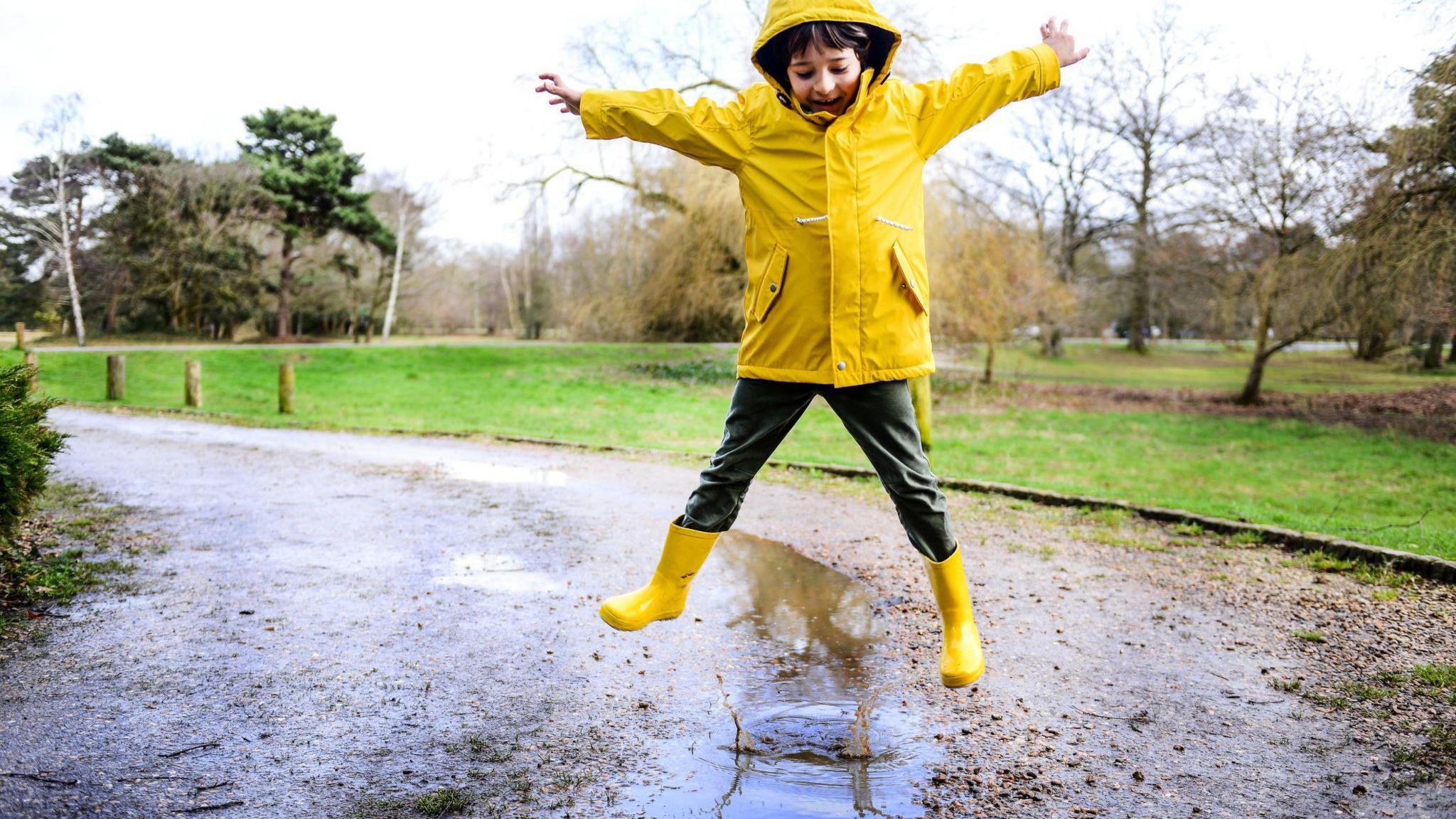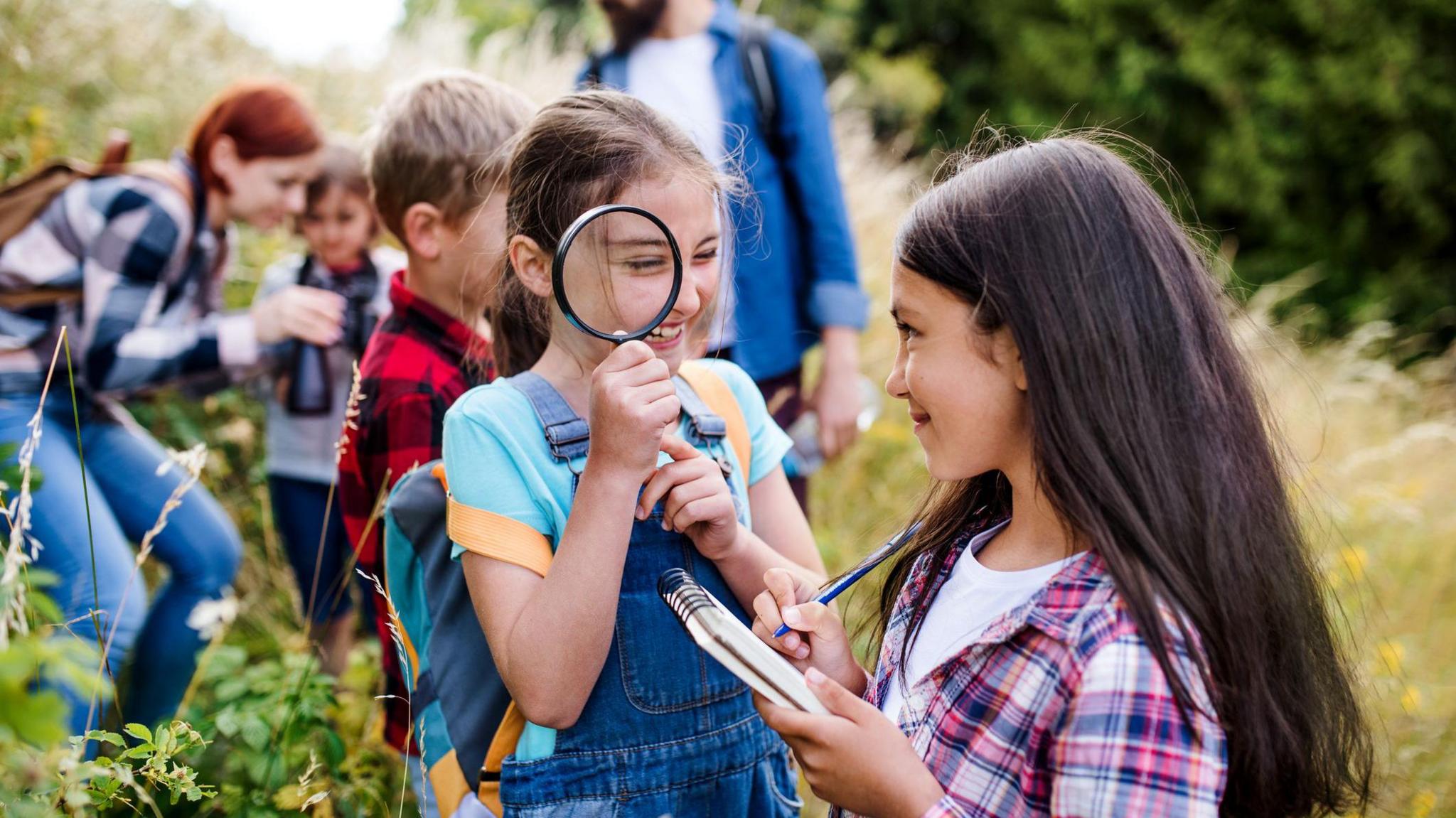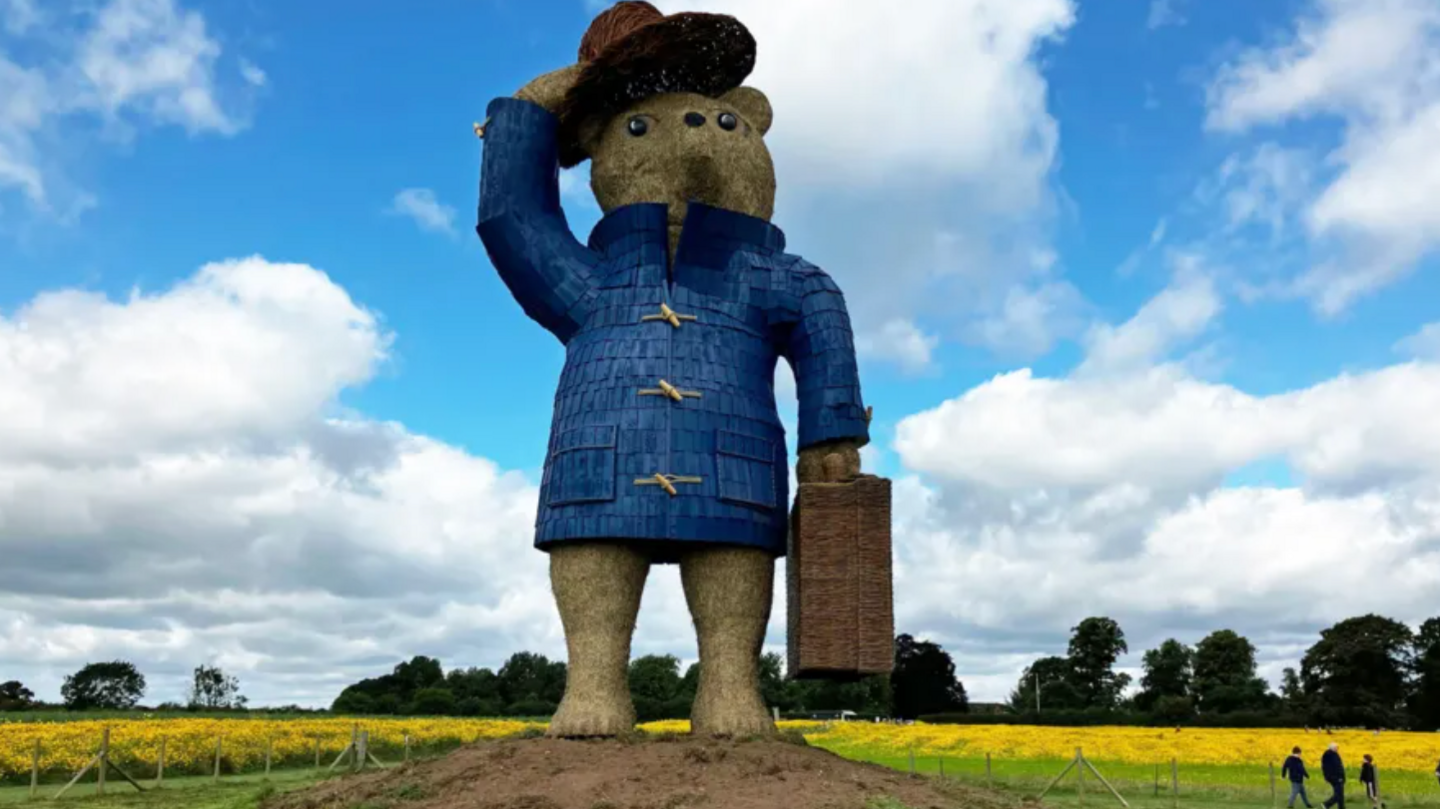Ice lollies in science lessons? What activities should be taught in school?

Could eating ice lollies be on the science curriculum one day?
- Published
Licking an ice lolly, playing in muddy puddles and blowing bubbles.
While these activities are a lot of fun, they're not ones you'd expect your teacher to approve of in the classroom.
But scientists, who are part of something called the Primary Curriculum Advisory Group (PCAG), say this should change.
They want teachers to show children that science is cool and to help them see ways in which they can interact with science in the world around them.
They suggest the best way to do this is by adding certain activities to the primary school curriculum.
More like this
Back to school in Scotland: Are you excited to start a new term?
- Published2 September 2024
Do YOU think schools should do more outdoor learning?
- Published9 October 2020
Do you learn British Sign Language at school?
- Published9 December 2023

Some science experts believe activities like jumping in puddles could help children with their learning
The experts say activities like licking ice lollies, playing in puddles, or handling ice and snow can teach children about how the state of water changes.
“One of the recommendations for chemistry is that by the age of 11, all children should start to understand how temperature works and how heating and cooling can change things," said Aylin Ozkan who is a teacher and education policy specialist at the Royal Society of Chemistry.
"What better prop is there for a teacher to help explain this than an ice lolly? Essential experiences like this promote learning on a personal level, so we believe they should be part of the curriculum."

Nature can teach us lots about science
Some of the other science based activities the PCAG has recommended include things like visiting local habitats and handling a wide range of living things, visiting a farm, growing plants and eating them to learn more about the food chain, watching rubbish and recycling being collected and getting involved in clean ups in local parks and neighbourhoods, or at nearby beaches.
"We want to help...make the primary science curriculum as inclusive as possible," said Charles Tracy OBE who is a senior advisor in learning and skills at the Institute of Physics.
He says the PCAG want to give "all students access to genuine scientific experiences" that he believes are currently only available to a "lucky few".
We want to know - what activities would you like to see added to your school's science curriculum and why? Why not have your say by leaving a comment below.
More of the latest
- Published21 August 2024

- Published19 August 2024

- Published19 August 2024

